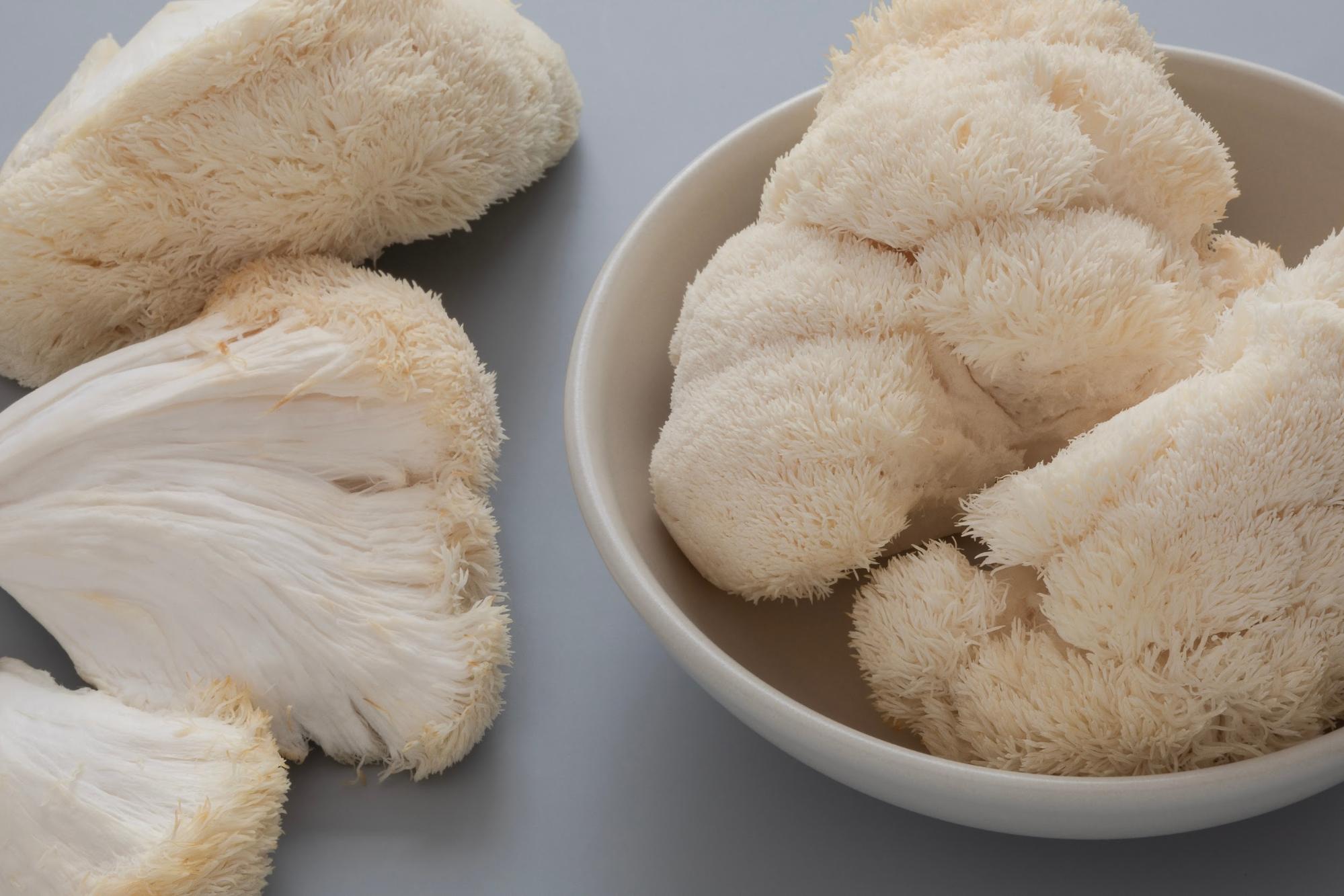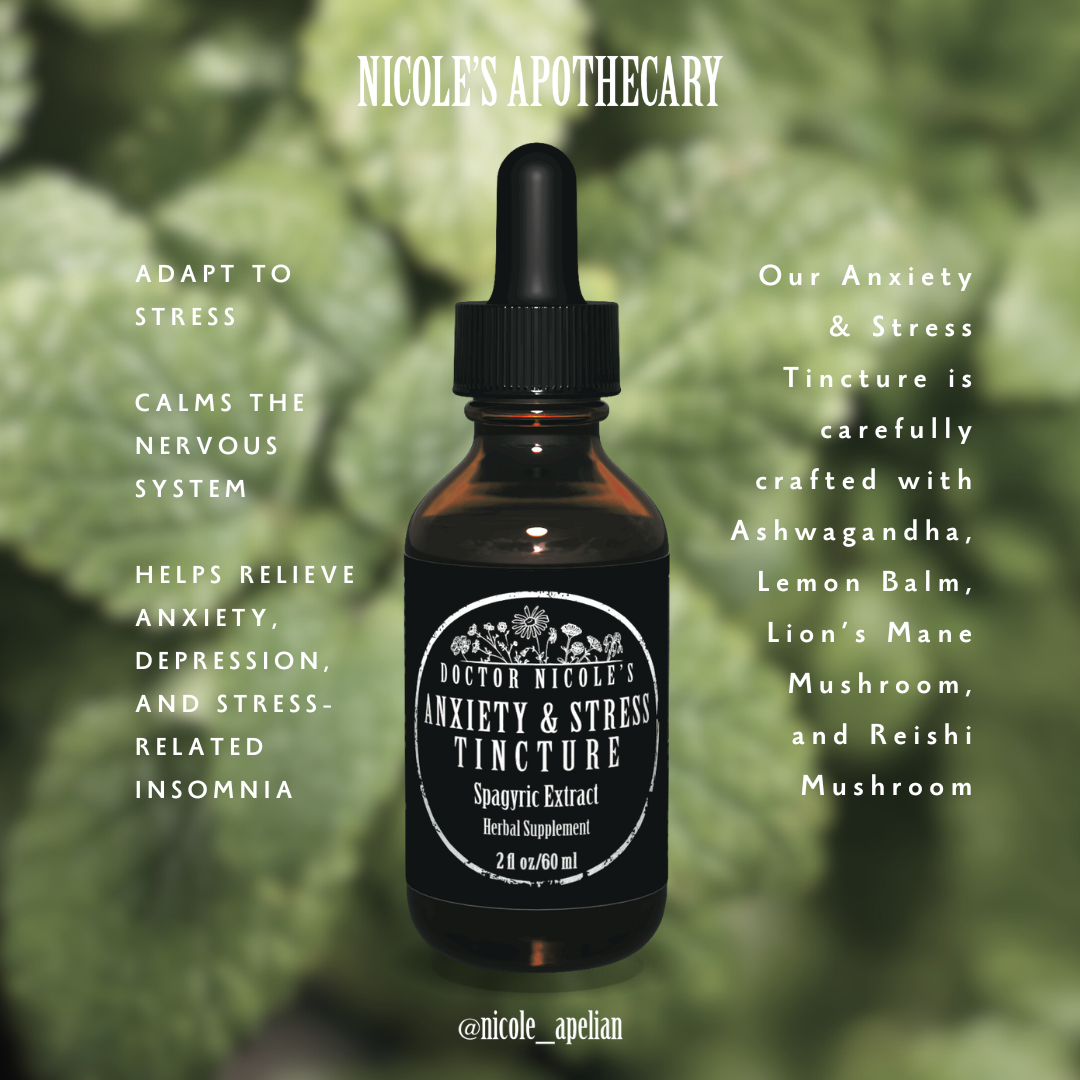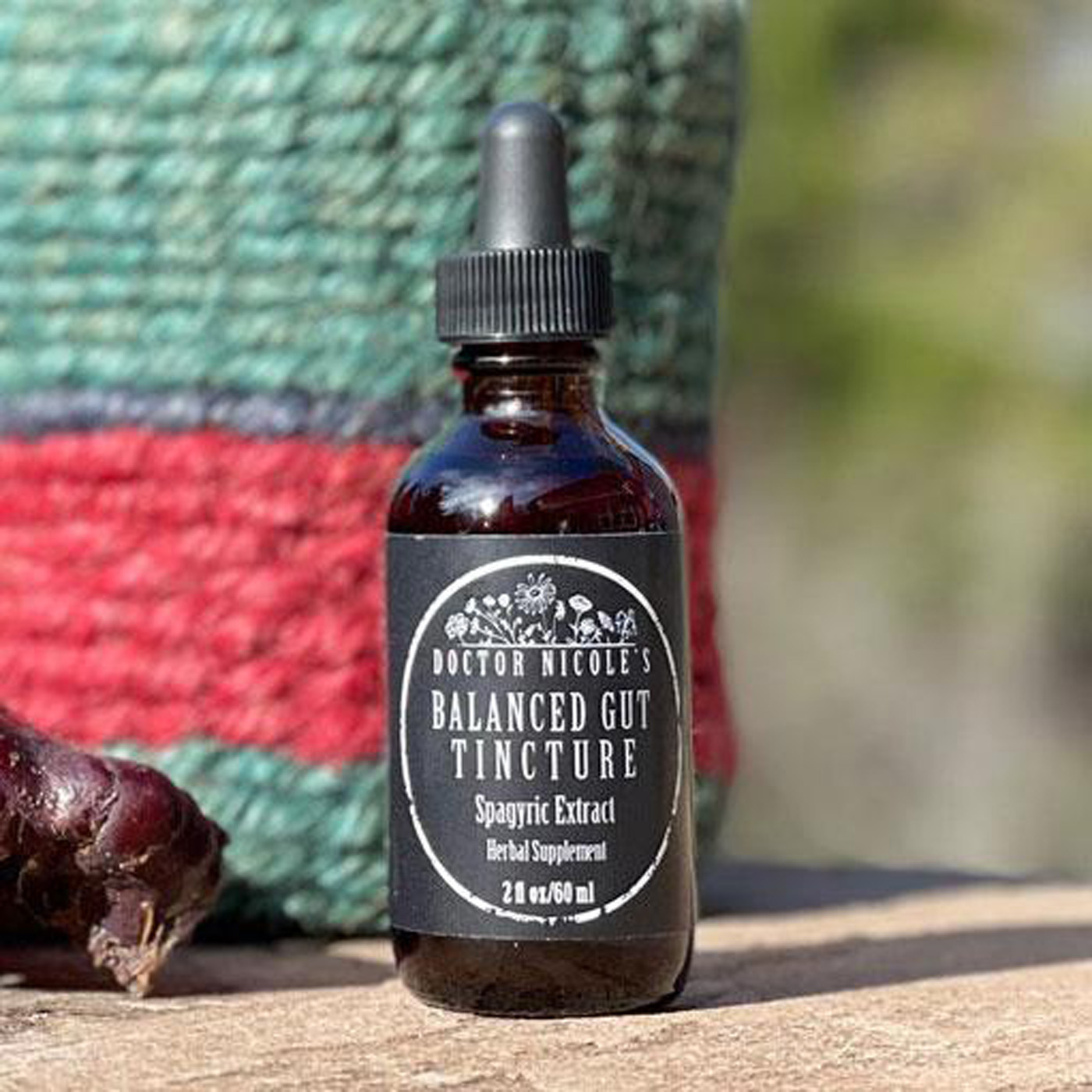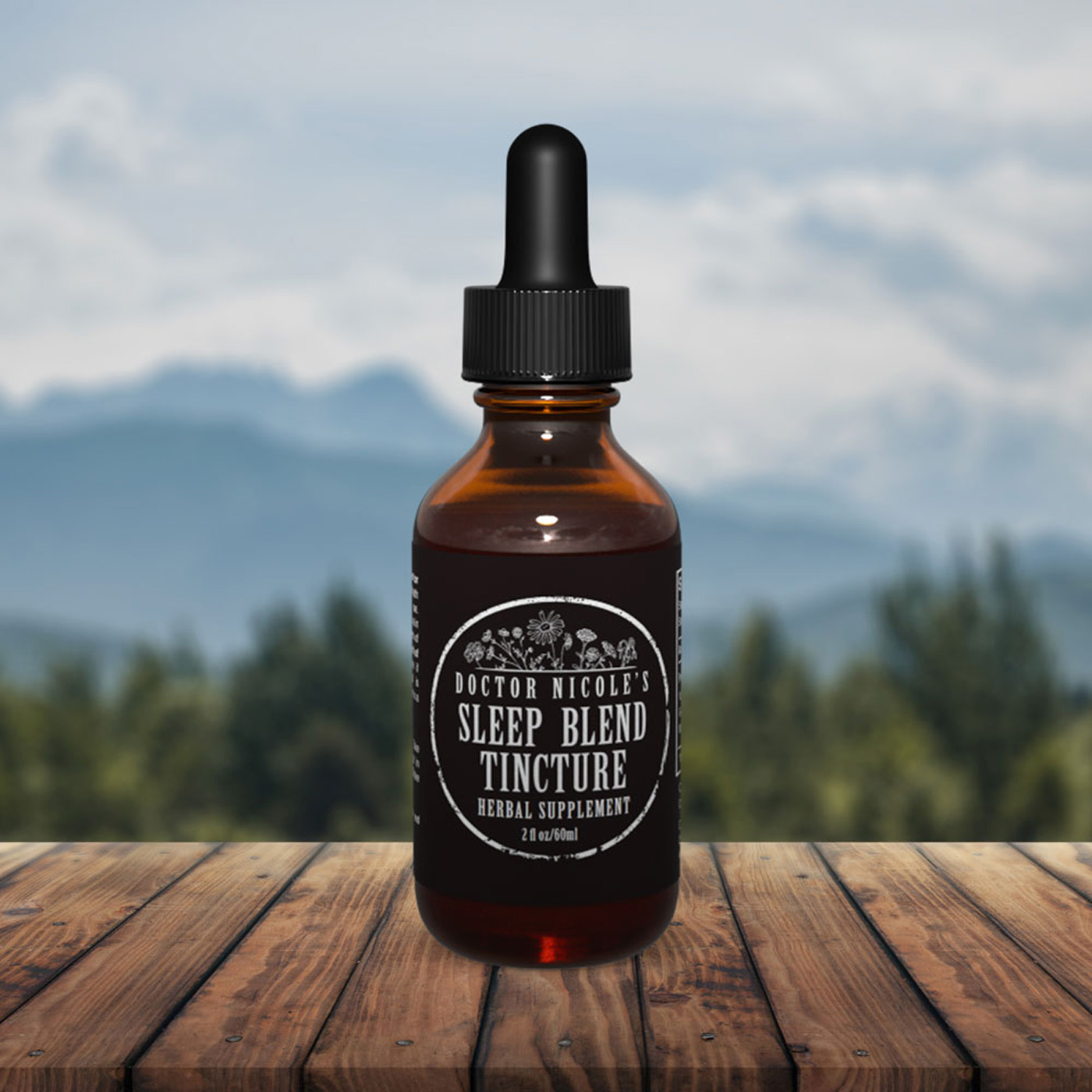Often known as the “wandering nerve” because of its influential effect throughout the body, your vagus nerve is part of your autonomic nervous system (ANS) that regulates involuntary processes such as blood pressure, heart rate, and breathing. It’s divided into two parts: the sympathetic nervous system (SNS) — think: fight or flight response — and the parasympathetic nervous system (PNS) that is linked with the rest and digest response that tells your body all is well and you can relax. The nerve runs from your brainstem down through your neck and into your chest and abdomen, branching out into your heart, lungs, liver, spleen, stomach, intestines, and kidneys.
Vagal tone (the measure of vagus nerve activity) isn’t something we may think about very often, but it impacts your health in substantial ways — including cardiovascular, digestive, immune, and mental health. It also influences inflammation in the body, cognitive function, and is an underlying factor in autoimmune disorders, metabolic syndrome, and neurodegenerative conditions like Alzheimer’s disease.1 Needless to say, the health and resiliency of this major nerve is important. In this post, we will explore why stress greatly diminishes vagal tone and provide quick tips to get your vagus nerve back on track quickly.
The Connection Between Stress, Mental Health, and Vagal Tone
The pathway of the vagus nerve through the gut-brain axis plays a significant role in how we handle stress, mood regulation, and cognitive function. Feeling overwhelmed, depressed, or anxious? That’s low vagal tone. It’s when you experience SNS dominance that wires you towards fight or flight and indicates danger. In short, your vagus nerve is overstimulated. You are less resilient and more reactive, which sets in motion a cycle of chronic stress that negatively impacts the function of your vagus nerve. This, in turn, creates more stress in the body and a higher risk of mood disorders and cognitive dysfunction.2
Symptoms of low vagal tone include:
- Abdominal pain and bloating
- Loss of appetite
- Acid reflux (GERD)
- Nausea and/or vomiting
- Dizziness
- Migraines or headaches
- Brain fog
- Blood sugar issues
- Elevated heart rate and blood pressure
On the flip side, when you have high vagal tone, you are resilient and able to bounce back from a stressful event quickly and maintain healthy heart rate variability (HRV), which is the small, natural variation in time between heartbeats. Higher HRV generally reflects better nervous system balance, stress resilience, and recovery. Since vagal tone is such an integral factor of our health and well-being, let’s explore a few easy ways to help support it.

Give Your Vagus Nerve a Boost
One of the quickest (and easiest) methods for improving your vagal tone is 4-7-8 deep breathing. Breathe in four counts, hold for seven, then exhale for eight. Make sure you are practicing diaphragmatic breathing deep into your belly for best results.3 It’s an excellent practice not only before bed or if you are feeling particularly anxious, but also immediately after a stressful event to help retrain your vagus nerve for resiliency.
Next are lifestyle shifts. Regular exercise, meditation, yoga, getting enough quality sleep, eating nutrient-dense meals — all help to keep your vagus nerve in top form. If you need an extra level of sleep support, see our effective herbal blend in the apothecary.
Gut health is extremely important too. Plenty of research has established the gut-brain connection.4 Gut imbalance significantly impacts mental and cognitive health. If you are struggling with leaky gut your body will respond with intestinal inflammation that creates a negative feedback loop between the gut-brain axis and sets the stage for low vagal tone. Our Balanced Gut Blend can help to break this cycle and heal the gut.
Supplements that may help support the vagus nerve include B-complex vitamins, omega-3 fatty acids, magnesium, probiotics, ginger, and turmeric.
Electrical stimulation therapy (EST) is another option to improve vagal tone. EST uses low-level electrical currents to stimulate specific regions in the body. It has been used successfully for years to treat chronic pain, along with Parkinson’s and Alzheimer’s disease. More recent applications have been used for depression, migraines, and GERD with positive results.5
My Top Medicinal Herbs for Calm, Resiliency, and Clarity
Adaptogenic herbs are one of your best allies for protecting your vagus nerve and supporting resiliency with stressful events. This is why I have included ashwagandha and reishi in our powerful Anxiety & Stress Blend, along with soothing lemon balm and brain-boosting lion’s mane medicinal mushroom. These botanicals work synergistically to help the body adapt to stress, calm the nervous system, cool inflammation, and ease anxiety, depression, and stress-related insomnia. It’s one of our most popular formulations for good reason!
THIS TINCTURE WORKS
“Some days I have anxiety & stress knowing what’s going on in our country. I can tell you this though, Nicole’s anxiety & stress tincture works very well, I definitely give it a five star.” -Shawn
Find your balance, sleep more deeply, and bounce back faster — try our Anxiety & Stress Blend today and feel like yourself again.
Nicole Apelian
Nicole’s Apothecary Products in this Post
References
- “The Vagus Nerve: A Key Player in Your Health and Well-Being” by Lisa Keer, NBC-HWC, Massachusetts General Hospital, October 16, 2024. https://www.massgeneral.org/news/article/vagus-nerve#:~:text=Vagal%20Tone%20and%20Your%20Mental,sleep%20disturbances%2C%20and%20gastrointestinal%20issues.
- Kenny BJ, Bordoni B. Neuroanatomy, Cranial Nerve 10 (Vagus Nerve) [Updated 2021 Nov 14]. In: StatPearls [Internet]. Treasure Island (FL): StatPearls Publishing; 2022 Jan-. Available from: https://www.ncbi.nlm.nih.gov/books/NBK537171/
- Hoshikawa Y, Fitzke H, Sweis R, et al. Rumination syndrome: Assessment of vagal tone during and after meals and during diaphragmatic breathing. Neurogastroenterol Motil. 2020;32(11):e13873. doi:10.1111/nmo.13873
- Breit S, Kupferberg A, Rogler G, Hasler G. Vagus nerve as modulator of the brain-gut axis in psychiatric and inflammatory disorders. Front Psychiatry. 2018;9:44. doi:10.3389/fpsyt.2018.00044
- Freire RC, Cabrera-Abreu C, Milev R. Neurostimulation in anxiety disorders, post-traumatic stress disorder, and obsessive-compulsive disorder. Adv Exp Med Biol. 2020;1191:331-346. doi:10.1007/978-981-32-9705-0_18









